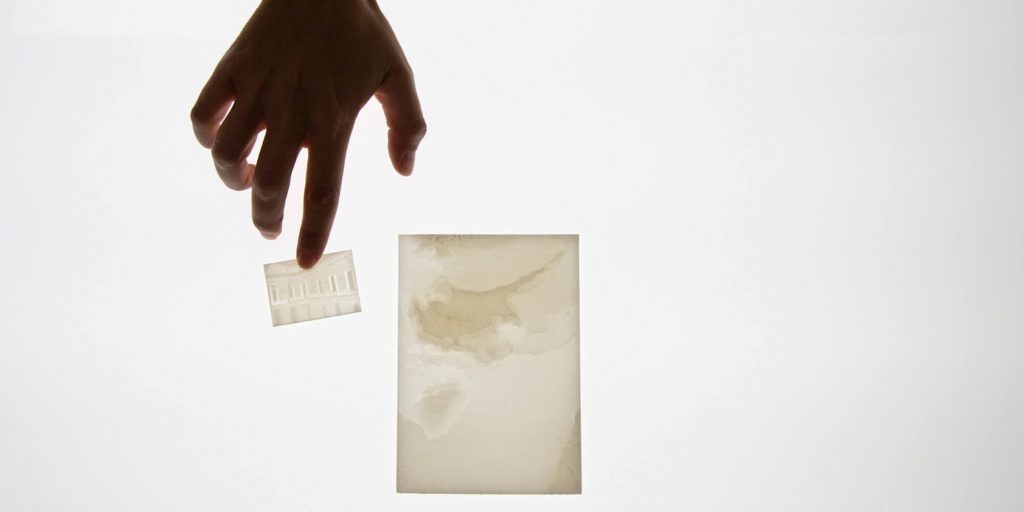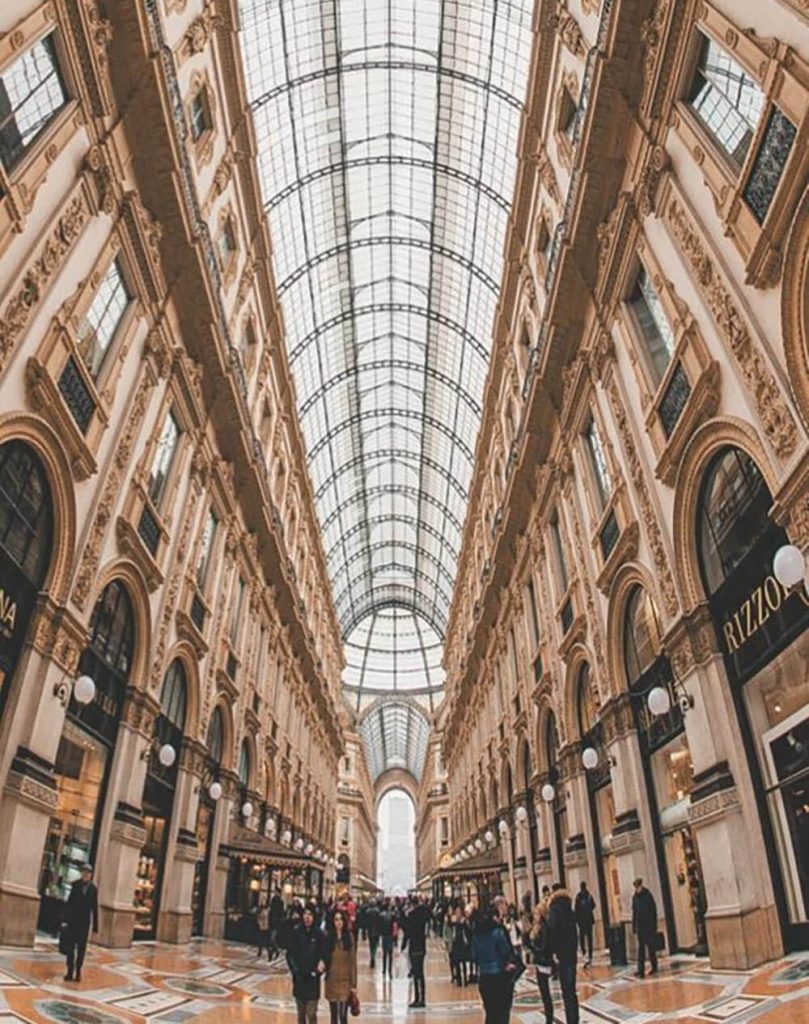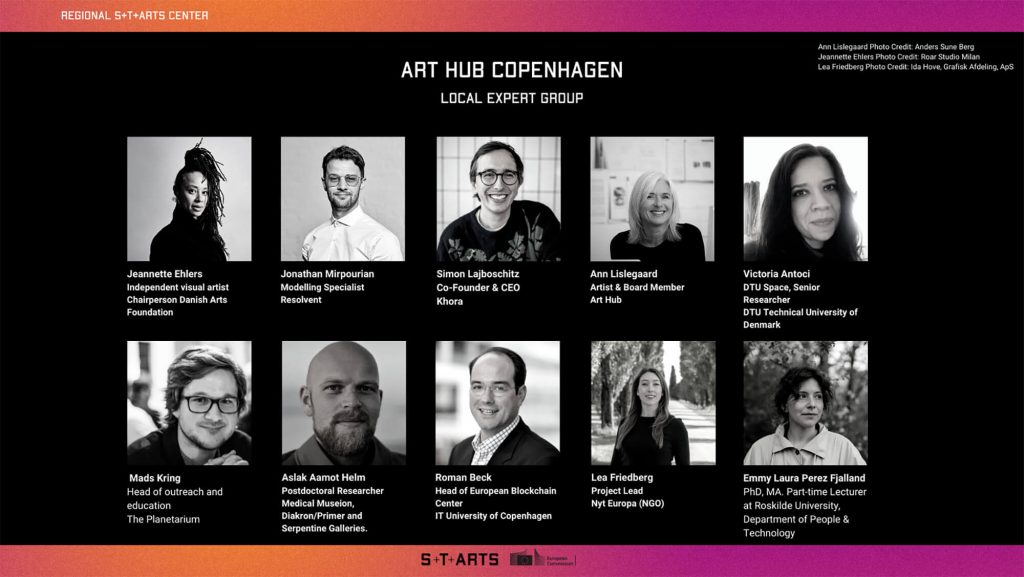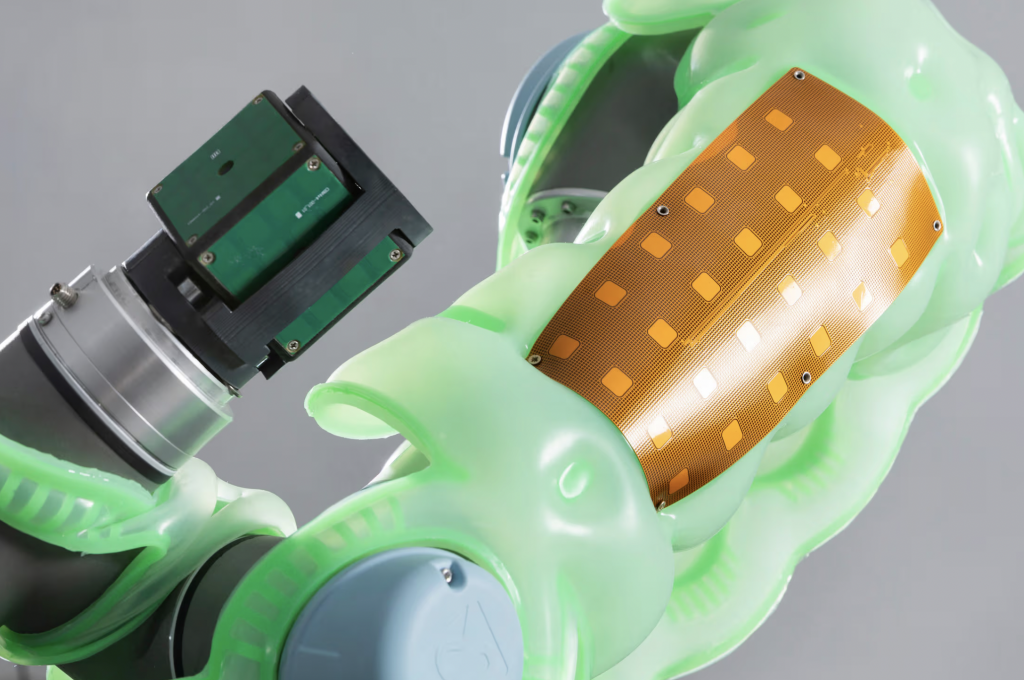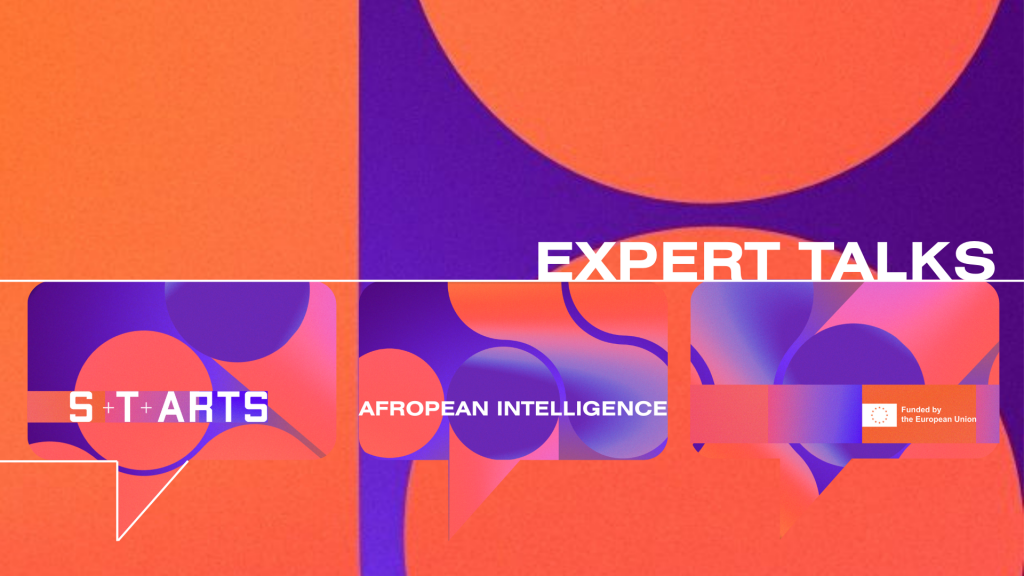S+T+ARTS Regional Centers | Repairing the Present
Repairing the Urban Fabric | Challenge nº20
How might we demonstrate that a “repaired” urban fabric could, not only be more resilient against external pathogens but also be a vector of healing and wellbeing that draws strength from the social proximity and complexity?
Consortium Partner: MEET
The New European Bauhaus: BH3 Improve the quality of our lives
Problem Statement
The artist is invited to face the challenge of the anthropic, biological and artificial transformation of an urban ecosystem, in response to the incursion of external elements (like viruses but not only) exploring how to prevent and weaken the impact of the external agent on the urban fabric, boosting an ecosystem decolonized from pathogens and polluters.
Keywords
Decolonizing, Urban fabric, Proximity, Natural/artificial, Coexistence
Challenge Context
The urban ecosystem has been severely challenged by the Covid 19 emergency and related restriction measures.
Large and complex cities, like Milan, draw strength from human relations, synergies connected to proximity and dense networks of relationships, including hybridized communities.
For this reason, social distancing measures had deeply damaged its social fabric, the ribbing of connections and therefore its capacity to regenerate itself.
On the other hand, and for the same reasons, the virus had travelled faster in big cities, having a stronger impact on their ecosystems also due to the presence of endemic pathogens related to the pollution of the air, of the water, of the soil.
We cannot forget the impact of the digital acceleration on the current urban imbalance, the coexistence of artificial and human corridors that made the complexity even more challenging.
The artist will be invited to focus on the city of Milan as a pilot of repairing the urban fabric.
The artist is invited to use digital languages to restitute the speculative/prototyping process.
Fellowship Characteristics: network, opportunities, and expectations
The fellowship is implemented in partnership with Human Technopole Milano – as co-hosting institution – through the Structural Biology Research Centre that will share with the artist cryo-ET data, electron tomography data of cells and fluorescence microscopy data (mostly kymographs).
The fellowship is hosted by MEET in Milan. Participants are expected to be present in Milan on a regular basis and should include the travel expenses in the budget plans.
MEET will coordinate the presence of the artist at the co-hosting institution.
MEET will put at disposal of the artist MEET the Creative Studio and the Immersive Room.
The fellowship will be supported by the City of Milan that will make available for the artist all the municipality open data and the advisor staff to access and use them.
The fellowship will be supported by ETT S.p.A. for technological consultancy.
The fellowship is accompanied by a public programme that will involve multiple stakeholders, from citizens and the public sector to research and industry actors, to identify the overall needs and increase collective commitment. Selected artists will have the opportunity to lead public events (through workshops, roundtables, etc.) with the support of MEET.
The artist is expected to deliver a presentable outcome of the fellowship in the form of a prototype which will be included in the final exhibition.
Jury Day(s)
Jury day will be: hybrid
Jury day will be held on: 19 January 2022
